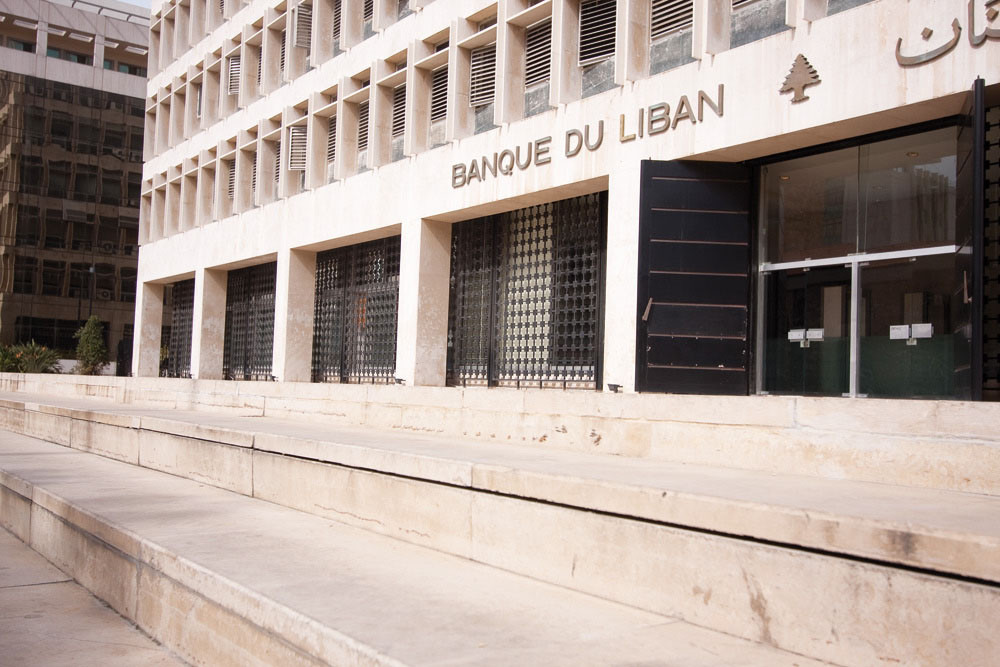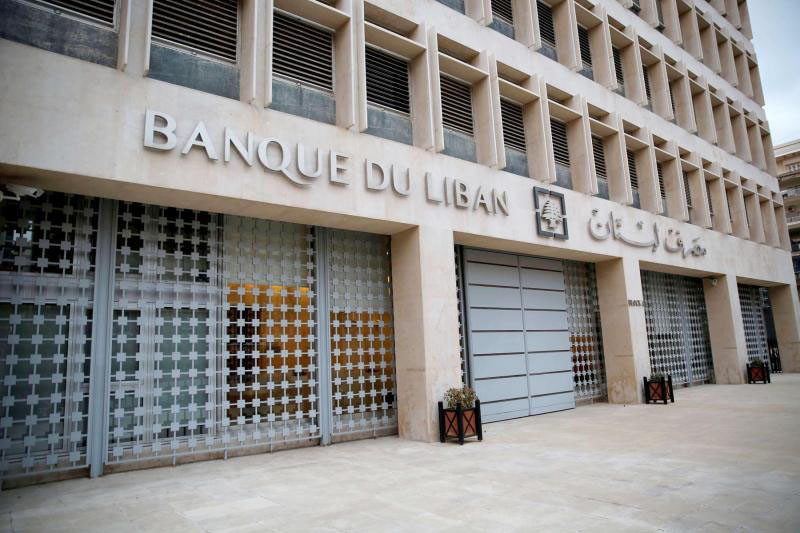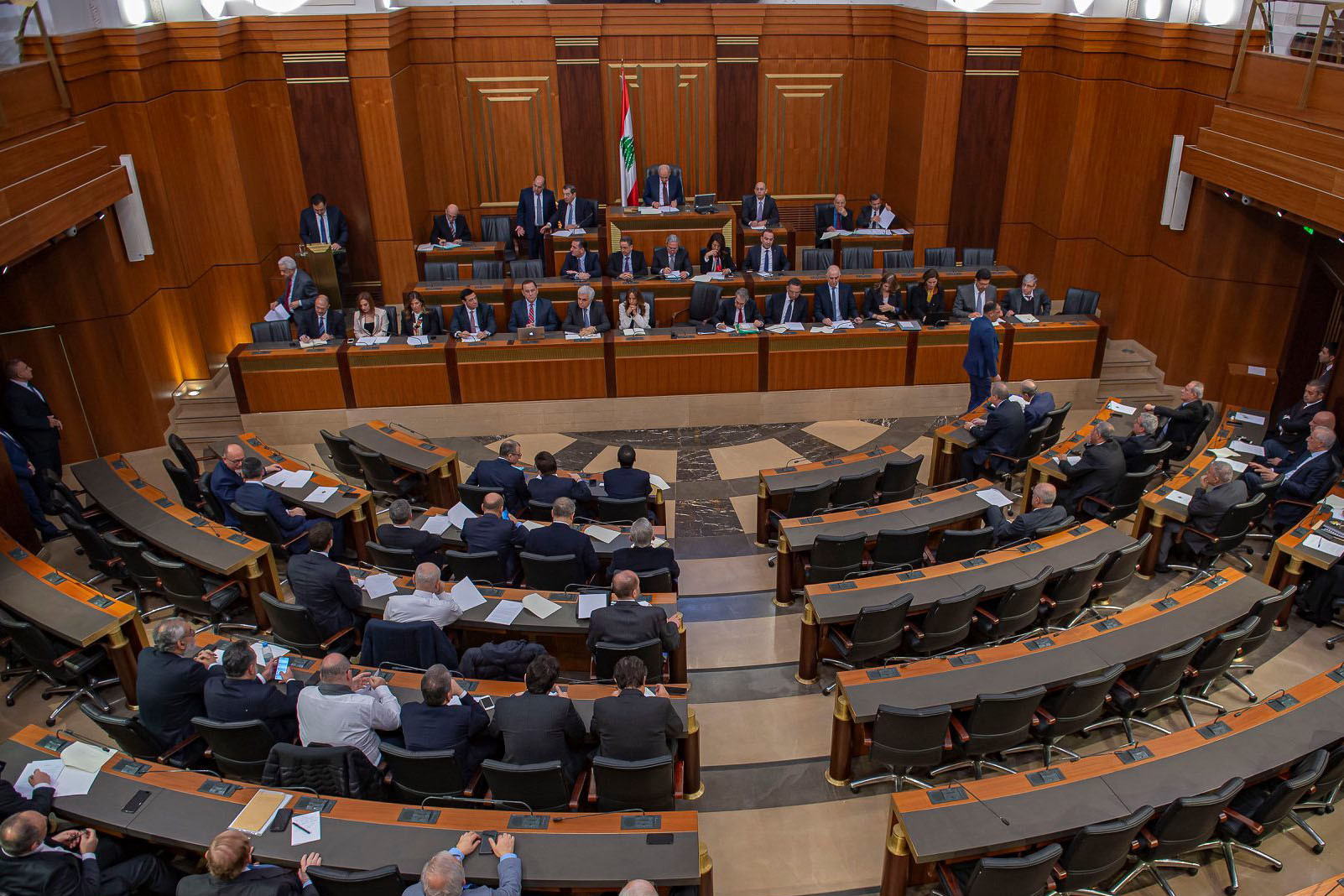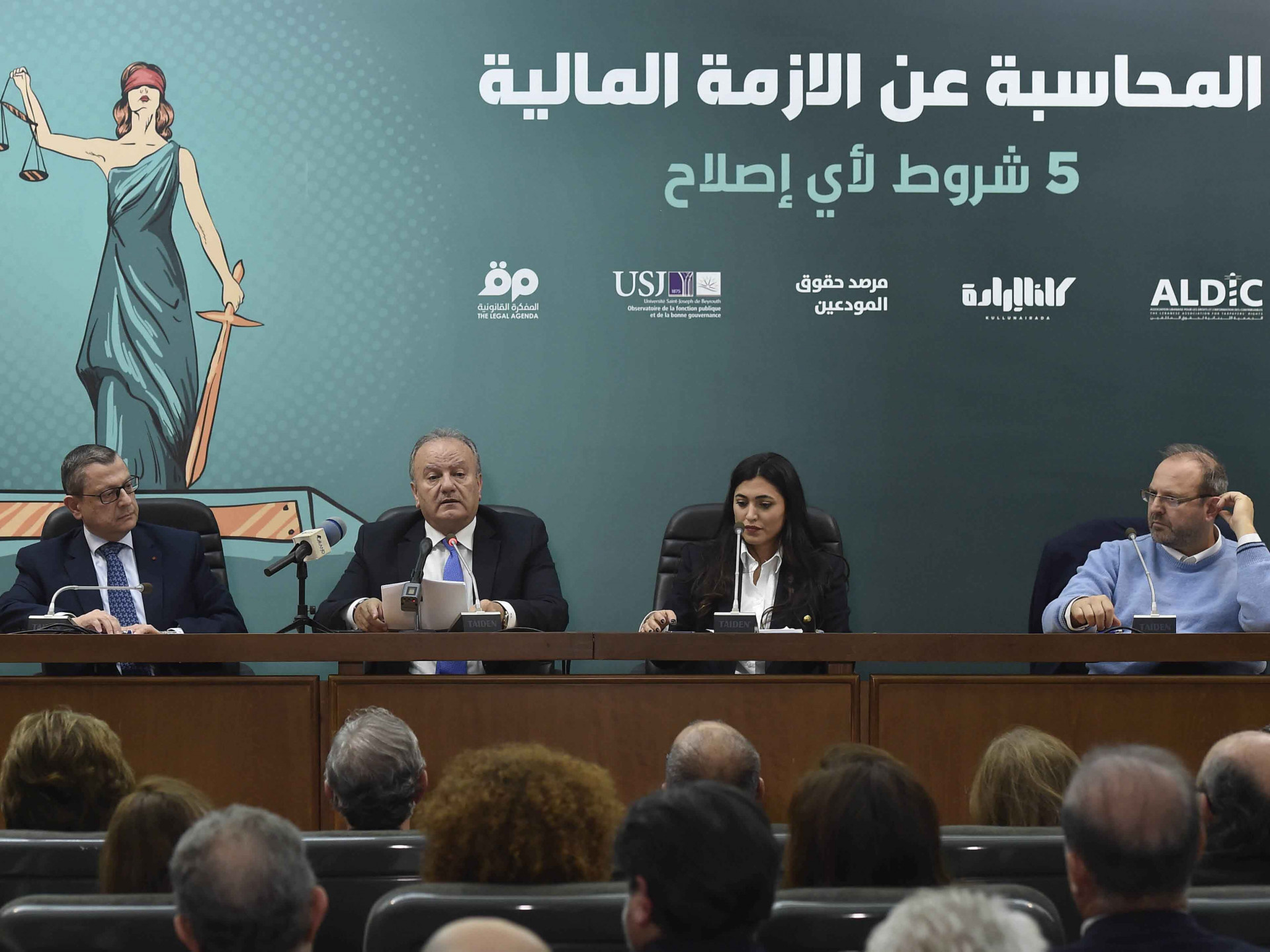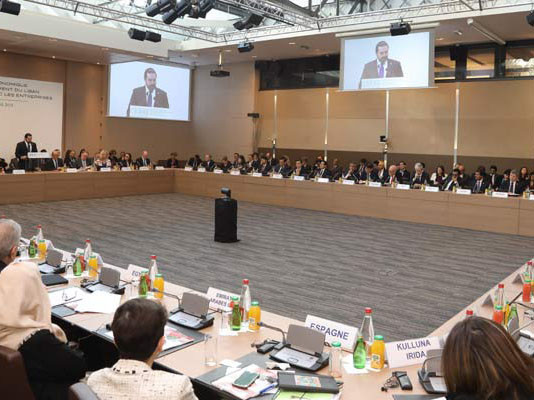The 2024 budget was sent to Parliament on September 28, two weeks after its adoption on September 12 by the Council of Ministers. Changes were made in the meantime without formal approval from the executive. These changes notably include provisions from the 2023 draft budget law that the Finance and Budget Committee refused to review. Therefore, the draft law sent to Parliament does not comply with constitutional requirements (Article 65) since the final version was not approved by two-thirds of the CoM.
The submission of the draft before the beginning of October implies that the budget may be adopted by decree if Parliament fails to examine it within the specified time frame (article 86 of the constitution). In fact, the interim government intends to proceed as such, given that revenue provisions are crucial for financing expenditures, estimated at 3.3 billion dollars at the rate of LBP 89,000 per dollar.
The budget omits the settlement law for the 2022 fiscal year, as required by Article 87 of the constitution. Beyond the obligation reiterated by the Constitutional Council, the importance of the settlement law lies in the necessity for MPs to be able to refer to the actual execution of the budget in order to control its implementation and accurately evaluate the projections included in the 2024 budget law. Of course, Lebanon will end the current year, 2023, without any budget at all.
The 2024 draft budget includes a serious new violation: granting the executive branch the power to modify taxes by decree. Article 83 and various provisions of the draft law authorize the Minister of Finance to modify tax brackets, deductions, and rates based on inflation, which contradicts Articles 81 and 82 of the constitution that reserve this authority for Parliament.
In substance, the budget proposes no reforms to address key issues that limit fiscal space, including the urgency to restructure debt, restructure the public sector, reform state owned enterprises, and reconfigure the taxation system. It instead exclusively resorts to piece-meal quick fixes to increase revenues, while perpetuating an extremely regressive fiscal policy. While the recalibration of taxes is essential, the proposed additional fiscal burden imposed on taxpayers, void of tax reforms, is neither fair nor well-calculated: it disproportionately impacts low and middle-income groups and strangles an already struggling formal economy while no effort is exerted to combat evasion and informality. In addition, the purely accounting approach related to the treasury’s need to dollarize its revenues has far-reaching consequences impacting monetary sovereignty. Finally, the disconnect between fiscal and monetary policies results in a budget that mixes different currencies and exchange rates, despite repeated calls and commitments to unify exchange rates. This is chiefly linked to the reluctance to reflect losses as a result of a devaluation on banks’ balance sheets, and proceed with a bank restructuring process, which remains a priority four years into the crisis.



